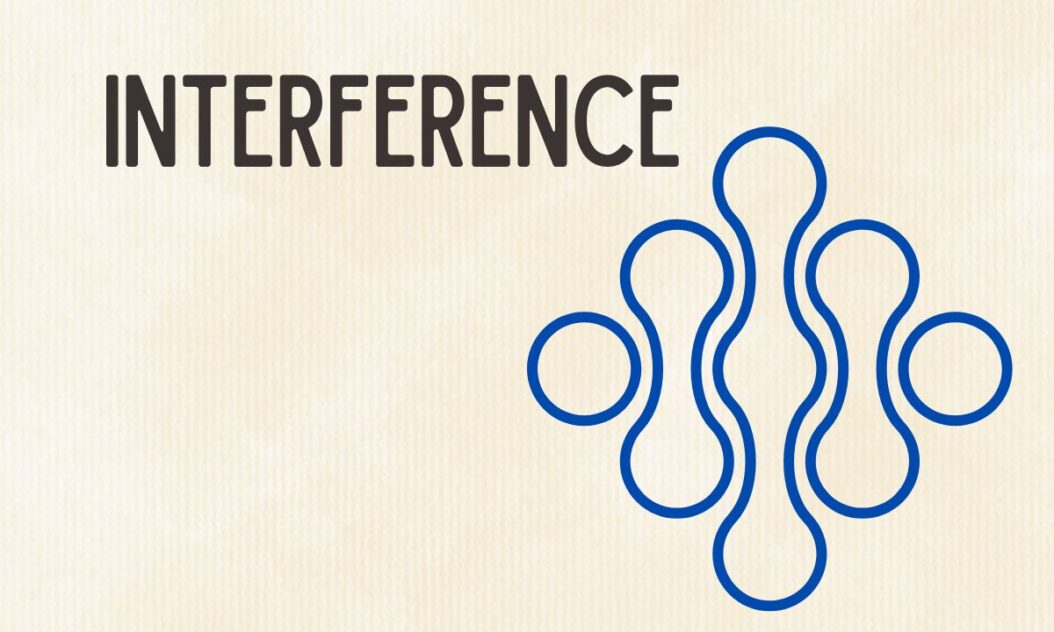Introduction to Quantum Computing
Quantum computing is an exciting field that harnesses the power of quantum mechanics to perform computations. Unlike traditional binary computers, which use bits with values of 0 or 1, quantum computers use quantum bits or “qubits”, which can exist in a superposition of 0 and 1. This unique ability allows quantum computers to perform certain tasks much faster than classical computers.
How Qubits Leverage Quantum Properties
One of the key properties that enables the power of quantum computing is the concept of quantum superposition. A qubit can represent a 0, a 1, or a combination of both at the same time. This enables a quantum computer to perform operations on a vast number of different combinations of inputs simultaneously.
Another important quantum effect is quantum entanglement, where two qubits become correlated in a way that is impossible in classical physics. This allows results to be obtained with very few operations, which contributes to the speedup provided by quantum computers.
The Challenge of Noise and Errors
However, qubits are very fragile, and even tiny disturbances can cause errors that ruin the computation. This susceptibility to noise is one of the biggest challenges facing practical quantum computers.
There are two main approaches to overcoming noise in quantum computers:
- Develop hardware that protects qubits and shields them from noise
- Develop quantum error correcting codes that can detect and account for errors
Leveraging Quantum Interference
Quantum interference is a key phenomenon that can help overcome noise and errors in quantum computing. Interference occurs when two or more waves combine sometimes they add together, sometimes they cancel out.
On a quantum computer, interference allows results from different computations to cancel out errors. By designing interference effects, some errors in the calculation can be mitigated without dedicated error correction.
How Interference Quantum Computing Works
Interference quantum computing encodes information across multiple qubits. Then computations occur through different paths, which ultimately interfere at the end.
If errors occur along different paths, the interference effects will cause the errors to cancel each other out when the paths recombine. This makes the computer more robust to certain types of errors.
| Type of Error | Effect of Interference |
|---|---|
| Bit flip error | The flipped bits interfere destructively, canceling out the error |
| Phase flip error | The erroneous phases interfere destructively, canceling out the error |
As shown in the table, common errors like bit flips and phase flips can be overcome through clever interference designs.
The Power of Multiple Computation Paths
A key advantage interference provides is enabling multiple simultaneous computation paths to reach the solution. Errors along individual paths can be tolerated because of the redundancy.
This is similar to classical computing concepts like ensemble learning, where multiple models vote on the overall solution. If some models make mistakes, other models can outvote them.
When is Interference Useful?
Interference is most useful for medium sized quantum computations big enough to benefit from parallelism but small enough to analyze interference effects. For large computations, dedicated error correction is still essential.
Interference also does not help for algorithms with minimal parallelism. But many useful quantum applications like optimization, machine learning, and simulation can leverage interference.
So while interference is not a magic bullet, it provides a powerful way to boost the robustness of key quantum algorithms.
Implementing Interference in Hardware
To leverage interference, quantum computers need hardware connectivity that allows different paths to interact. Most existing quantum computing hardware cannot enable these global interactions between qubits.
New hardware platforms like ion traps may allow easier implementation of interference effects through the movement of ions. As hardware matures, interference should become more practical and powerful.
Key Takeaways on Quantum Interference
- Interference allows errors along different computation paths to cancel out
- It provides redundancy and robustness without dedicated error correction
- Most useful for medium scale algorithms with inherent parallelism
- Requires quantum hardware connectivity to link different paths
- An exciting frontier being explored to boost reliability and scale
Harnessing quantum interference is key to overcoming errors and unleashing the full promise of quantum computing. Clever interference designs that let nature handle some of the error mitigation will accelerate real world applications.
Conclusion
In conclusion, interference can provide substantial benefits for quantum computing by allowing natural cancellation of errors across parallel computation paths. Interference approaches are most applicable for medium scale applications like optimization and machine learning.
As quantum hardware matures to support global qubit interactions, interference will become an essential tool for reliable scale-up alongside error correction codes. By complementing hardware level protection with interference, quantum computers can leverage key quantum effects to overcome challenges like noise and build robust, practical systems. Interference opens new opportunities to develop algorithms and architectures best suited for emerging quantum devices.
FAQs
What is quantum interference?
Quantum interference is a phenomenon where quantum states combine and either reinforce each other or cancel out based on phase alignments. These interference effects can help cancel out errors in quantum computations.
How does interference provide error tolerance?
By encoding information and computations over multiple paths, errors along individual paths can get canceled out when the paths converge through destructive interference effects. This provides redundancy.
What types of algorithms can leverage interference?
Interference is most useful for medium scale hybrid algorithms with inherent parallelism, includingoptimization, machine learning, and simulation algorithms.
What hardware capabilities are needed?
Global connectivity between qubits allows more paths to interfere. Hardware platforms like ion traps may support easier implementation of interference based designs.
Are error correcting codes still needed?
Yes, interference provides robustness but dedicated error correction is still essential, especially for large scale computations. Interference complements other error mitigation approaches.
- What is One Challenge in Ensuring Fairness in Generative AI: The Hidden Bias Problem - August 15, 2025
- How Small Language Models Are the Future of Agentic AI - August 15, 2025
- What Are the Four Core Characteristics of an AI Agent? - August 15, 2025

